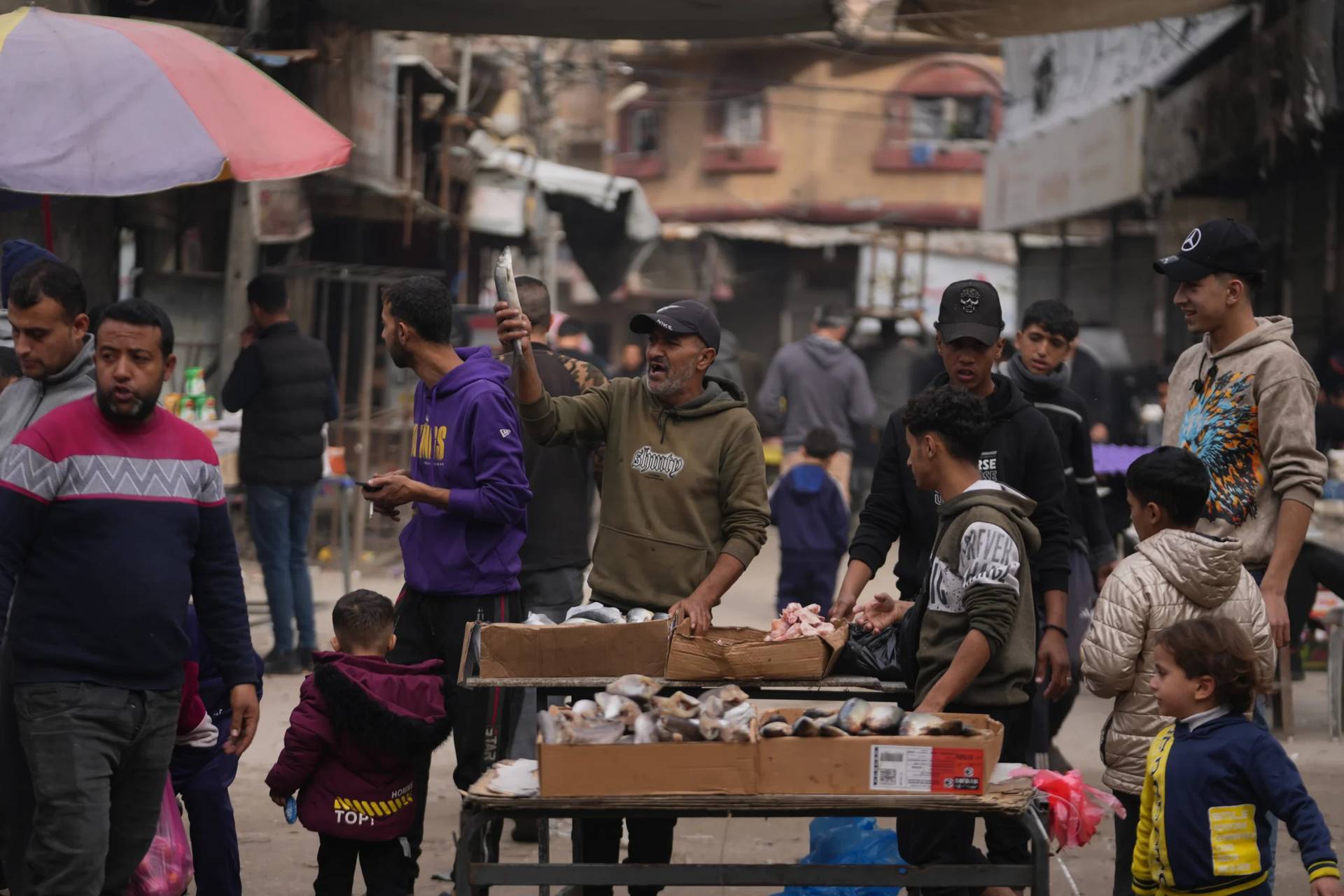ROME — Pope Francis, already famous for visiting prisoners to wash their feet on Holy Thursdays, may now celebrate a Mass with prisoners in St. Peter’s Basilica in the context of an upcoming “Holy Year” devoted to mercy.
The idea is “a desire of the Holy Father, who wants the prisoners to be able to live the jubilee not only from their cells, but also through this gesture,” Italian Archbishop Salvatore “Rino” Fisichella said Tuesday.
Fisichella heads the Vatican’s Pontifical Council for Promoting New Evangelization, which is organizing the year-long celebration of mercy first announced by Pope Francis in March, on the second anniversary of his election to the papacy.
The “Holy Year of Mercy” will begin Dec. 8, the day Catholics celebrate the feast of the Immaculate Conception, which this year also marks the 50th anniversary of the groundbreaking Second Vatican Council (1962-65).
The year will end on Nov. 20, 2016, on the feast of Christ the King.
During Tuesday’s press conference, Fisichella said he expects the celebrations in Rome to draw large crowds.
Beyond that, he said, it’s “senseless” to make predictions about the numbers of pilgrims who may be drawn to Rome, and rejected comparisons with the Great Jubilee Year called by St. John Paul II in 2000 to mark the beginning of a new millennium.
That jubilee featured a “World Youth Day” in August 2000 that drew an estimated 2 million people to Rome, clogging the city’s subways and bus lines for days and filling the streets with roving bands of young pilgrims singing, chanting, and waving the flags of their home nations.
Most of the formal events during the Holy Year of Mercy will be held in Rome, such as special encounters for charitable volunteers; the sick and disabled, as well as those who care for them; youth; deacons; and catechists and prisoners.
Fisichella, however, said the year won’t be all about the grand gestures.
“Measures will be taken to meet real needs in the world that will express mercy through tangible assistance,” he said.
He said Pope Francis will make special visits to the “existential and geographical peripheries” in order to give a “direct testimony to the Church’s affinity and care for the poor and the marginalized.”
Bishops around the world will be asked to perform similar gestures in communion with the pontiff, he said, “as a concrete sign of the Church’s ministry of mercy and closeness.”
The pontiff is also planning to issue a special blessing for “missionaries of mercy,” meaning priests, nuns, and lay volunteers around the world who serve the poor and otherwise express the Church’s commitment to mercy.
On Dec. 8, Pope Francis will open the Holy Door in St. Peter’s Basilica, which is bricked in between jubilee years. It was last opened by St. John Paul II in 2000. Traditionally, millions of faithful make a pilgrimage to Rome during jubilee years to make reparation for sin and to renew the conversion of their life by going through the Holy Door.
At the request of Pope Francis, every diocese in the world will have its own holy door, at its cathedral or another significant church such as a Marian shrine. Fisichella said activities inspired by the holy year are to be blended into the local church’s calendar.
He also said that his council is preparing a fund to assist dioceses, bishops, and priests to help them organize events related to the initiative.
Fisichella reiterated that even though mercy is an aspect of every holy year, the fact that it’s the formal theme this time is a sign that Francis wants to put confession at the center of the life of the Church.
Next week, Vatican officials plan to hold an organizational meeting with officials of the city of Rome as well as Italian police and security services to begin planning the details of the Holy Year.
Among other things, officials in the diocese of Rome said they’ll likely ask churches in the city center to make plans to welcome what’s expected to be a “constant influx” of pilgrims throughout the year, including extending their normal hours.

















